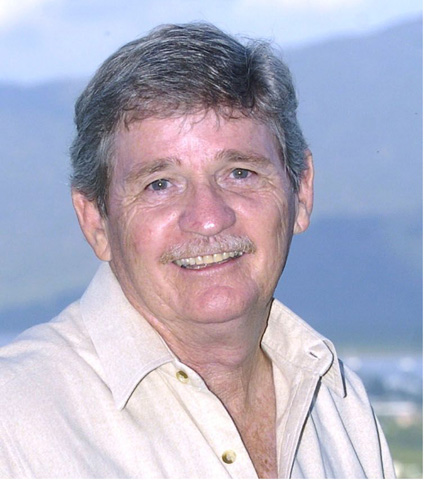What does Medicare cover?
Medicare rebates are linked to
government-set Schedule Fees for medical and optometrical services provided by
private practitioners.
Rebates are generally 85 per cent of the
Schedule Fee for out-of-hospital services and 75 per cent of the Schedule Fee
for hospital in-patient services provided to private patients.
Access to bulk billing is limited only by
the practitioner’s decision whether or not to bulk bill.
Access to public hospital in-patient,
emergency and outpatient services is free-of-charge for Medicare patients.
A family-based safety net protects high
users of medical services from big out-of-pocket costs. This covers the
difference between the Medicare rebates and the Schedule Fee for families who
exceed a threshold level of payments in a year, but not for charges that are
above the Schedule Fee.
How does Medicare work?
Medicare rebates
Schedule Fees set by the Federal
Government set guidelines for the costs of medical and optometrical services
provided by private practitioners. However, practitioners have the right to set
their own fees. Some choose to offer bulk billing, and some do not.
If a practitioner does not offer bulk
billing, patients are billed for the service they receive. The patient is then
able to claim a Medicare rebate from the Health Insurance Commission (HIC).
These rebates are set to match schedule
fees. All charges above the schedule fee/set rebate are the responsibility of
patients.
Private insurance is also available for
the 25% "gap" between the rebate level and the schedule fee for
private hospital in-patient services, but generally not for charges above the
schedule fee.
When a practitioner bulk bills, they send
their claims to the HIC which then pays the rebates direct to the practitioner.
This means no account goes to the patient and there is no extra charge to them
above the rebate.
In 1998, over 70% of all services covered
by Medicare were bulk billed with no out-of-pocket expense.
How does Medicare work -
public hospital services?
Public hospital services (and many
community based heath services) are provided by State and Territory governments.
The Federal Government assists providing funds from its tax revenue to
supplement funds from State and Territory taxes and charges.
In exchange for Federal funds the States
and Territories agree - through the Australian Health Care Agreements - to
provide public in-patient, outpatient and emergency services without charge.
This agreement is designed to protect every Australian's right to be treated in
a public hospital by a hospital-appointed doctor at no direct cost.
People may also elect to be private
patients in public hospitals. This enables them to choose their own doctor.
However, in this case they are charged for their hospital accommodation and
associated costs and for the medical services provided by the private doctors
who treat them.
Currently, around 30% of Australians take
out private health insurance to help them with these costs.
Who pays for Medicare?
All taxpayers contribute to the cost of
Medicare through general taxation. This is the main source of Medicare funds. In
addition there is a Medicare Levy, graduated according to taxable income.
A 1.5% levy is imposed on individuals
with a taxable income of up to $50,000 per annum and on families with a taxable
income of up to $100000 per annum. For those on higher incomes, the levy
increases to 2.5% unless they have private health insurance. Meanwhile
low-income earners are exempt from the Medicare levy but contribute through
indirect taxes.
There are also direct user charges above
rebate levels.
These progressive taxation arrangements
mean that, on the whole, people contribute in line with their income. This is in
contrast with private health insurance arrangements where contributors pay the
same amount for the same level of cover, regardless of income.
Return to Health Care: INDEX
![]()
![]()



